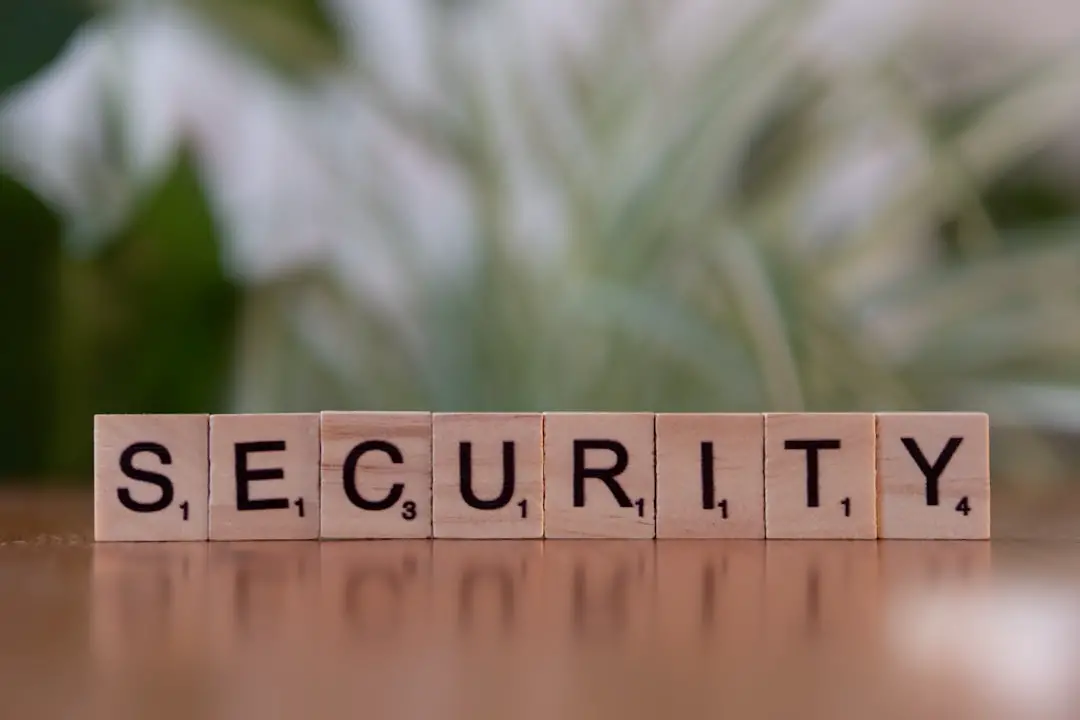Ever wondered how a residential VPN keeps your internet activity safe? It’s all about encryption! Let’s break down the cool secret codes (known as encryption protocols) that protect your data. Don’t worry — we’ll keep it fun and easy to understand.
What’s a Residential VPN Anyway?
Before we dive into techy stuff, let’s explain what a residential VPN is. It’s a special type of VPN that uses real, home-based IP addresses. That makes your activity look like it’s coming from someone’s cozy apartment rather than a cold, corporate server.
This helps you sneak past geo-blocks, avoid bans, and surf the web more anonymously.
Why Encryption Matters
Every time you go online, you’re sending little packets of data back and forth. Without protection, these can be snooped on. Yikes!
Encryption is like a magic lock for your data. Only the right key can unlock it. That’s what keeps hackers and trackers at bay.
So, what secret locks do residential VPNs use? Let’s find out!
Top Encryption Protocols Used in Residential VPNs
Most residential VPNs rely on powerful and widely trusted protocols. Here are the coolest ones:
- OpenVPN – The superhero of VPNs.
- WireGuard – The new kid on the block, super fast.
- IKEv2/IPSec – Great for mobile gadgets.
1. OpenVPN
This is the classic choice. Think of OpenVPN as the reliable friend who always has your back.
- Uses military-grade encryption (AES-256).
- Highly secure and open-source (yay for transparency!).
- Works on nearly all devices.

It may not be the fastest, but it’s super secure. That’s why many VPNs still love it.
2. WireGuard
This is the new, cool protocol everyone’s talking about. It’s like the sports car of VPN encryption.
- Lightweight and lightning fast.
- Still super secure (ChaCha20 encryption).
- Uses fewer lines of code – fewer bugs!
Perfect if you want both speed and safety. Many high-end residential VPNs now offer WireGuard as an option.
3. IKEv2/IPSec
Short for Internet Key Exchange version 2. Yeah, that’s a mouthful!
- Great for switching networks fast.
- Often used on smartphones.
- Stable and secure, using strong AES encryption.
This one loves to stay connected, even when your signal jumps from Wi-Fi to mobile data.
How Do They Keep You Safe?
Each protocol uses smart tricks to create a “secure tunnel” between you and the internet.
Inside this tunnel, your data gets locked in with high-level cryptography — like AES-256 or ChaCha20. These encryptions are super tough. Cracking them is close to impossible with today’s tech.

Protocol Pick ‘n’ Mix
Many residential VPNs let you choose your protocol. Some even switch automatically based on your internet conditions.
Here’s a cheat sheet:
- Want security? Choose OpenVPN.
- Need speed? Go for WireGuard.
- Always on the go? Try IKEv2/IPSec.
But no matter which one you use, you’re way safer than without any VPN at all.
Are These Protocols Safe?
Heck yes! These protocols are tested by experts and trusted around the world. Some government agencies even use the same types of encryption.
Plus, residential VPNs are often harder to detect or block, making your online footprints even smaller.
In a Nutshell
Residential VPNs use strong cryptographic protocols to keep your data secure. Whether you’re chilling on your couch or sipping coffee at a café, your information stays protected.
So next time you stream, browse or shop online, smile — you’re covered by secret codes!
